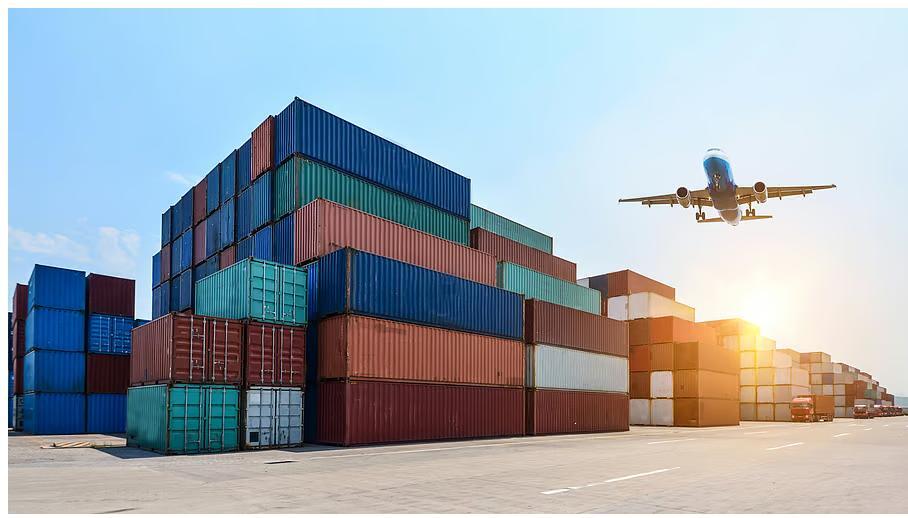
Bangladesh may lose ₹6,600 crore after trade restrictions by India
In a recent move that has left trade experts and policymakers in Bangladesh worried, India has imposed restrictions on certain imports from the neighboring country. The restrictions, which came into effect on July 1, are expected to hit goods worth ₹6,600 crore and affect nearly 42% of bilateral imports.
According to reports, India has restricted imports of readymade garments, valued at ₹5,290 crore, and other items, including processed foods, cotton, and wooden furniture, valued at ₹1,310 crore. The restrictions are seen as a retaliatory measure by India, which had earlier been affected by Bangladesh’s decision to restrict some Indian goods.
The news has sent shockwaves through the business community in Bangladesh, with many entrepreneurs and exporters expressing concern over the potential impact on their businesses. Bangladesh is one of India’s largest trade partners, and the restrictions are expected to have a significant impact on the country’s economy.
The restrictions on readymade garments are likely to hit Bangladesh’s textile industry particularly hard. The country’s textile sector is one of its largest employers, and the sector is a major contributor to the country’s GDP. The restrictions are expected to lead to a shortage of raw materials and a decline in exports, which could have a devastating impact on the industry.
Bangladesh’s processed food industry is also likely to be affected by the restrictions. The country’s food processing industry is a growing sector, and the restrictions are expected to lead to a decline in exports of processed food products such as spices, tea, and coffee.
The restrictions on cotton and wooden furniture are also expected to have a significant impact on Bangladesh’s textile and furniture industries. The country’s textile industry relies heavily on imported cotton, and the restrictions are expected to lead to a shortage of raw materials. The furniture industry, which is a major employer in Bangladesh, is also likely to be affected by the restrictions on wooden furniture.
The restrictions are seen as a retaliatory measure by India, which had earlier been affected by Bangladesh’s decision to restrict some Indian goods. In February, Bangladesh had imposed restrictions on imports of Indian goods including tea, spices, and other food items. The restrictions were seen as a response to India’s decision to impose restrictions on Bangladeshi goods, including jute and jute products.
The move by India has been seen as a significant setback for Bangladesh’s economy, which has been growing at a rapid pace in recent years. The country’s GDP growth rate has been above 7% for several years, and the government has been working to diversify the economy and reduce its dependence on remittances from abroad.
The restrictions are also expected to have a significant impact on Bangladesh’s employment market. The country’s textile and garments industry is a major employer, and the restrictions are expected to lead to a decline in employment opportunities. The restrictions are also expected to have a negative impact on the country’s poverty reduction efforts, as the textile and garments industry is a major source of employment for poor and marginalized communities.
In conclusion, the restrictions imposed by India on certain imports from Bangladesh are likely to have a significant impact on the country’s economy. The restrictions are expected to hit goods worth ₹6,600 crore and affect nearly 42% of bilateral imports. The move is seen as a retaliatory measure by India, which had earlier been affected by Bangladesh’s decision to restrict some Indian goods. The restrictions are expected to have a significant impact on Bangladesh’s textile and garments industry, as well as its processed food and furniture industries.
Source:



